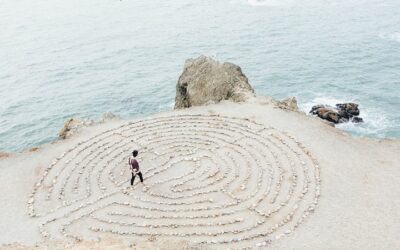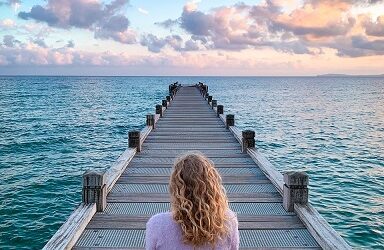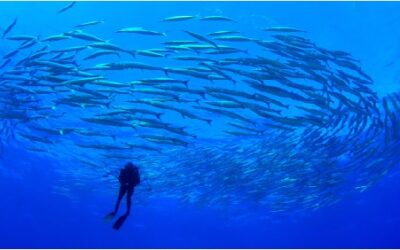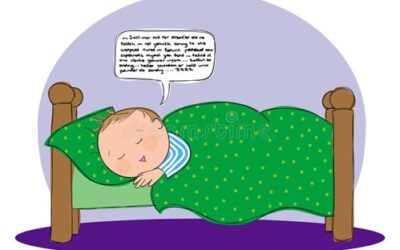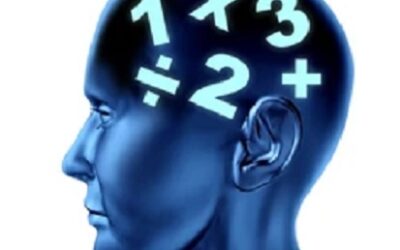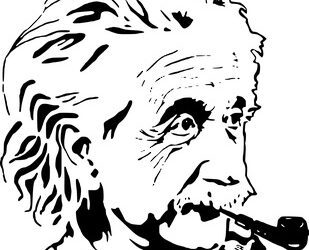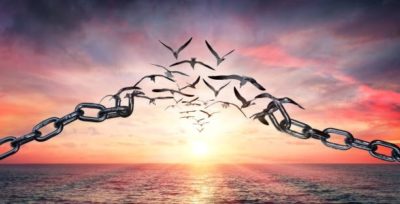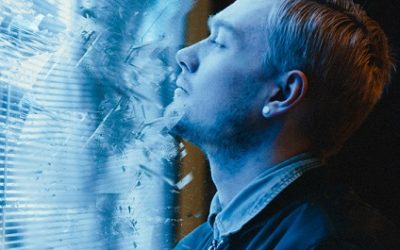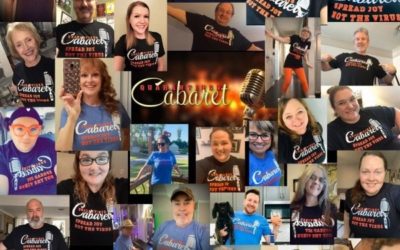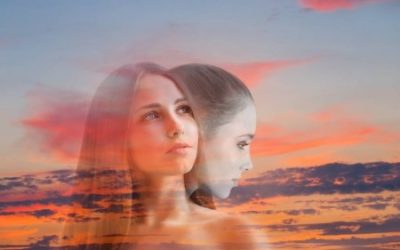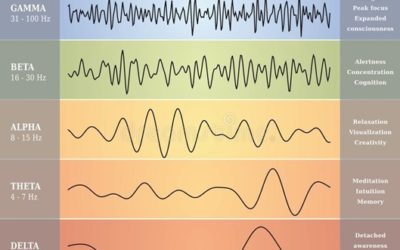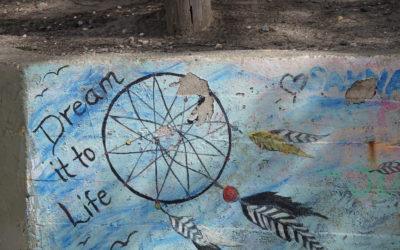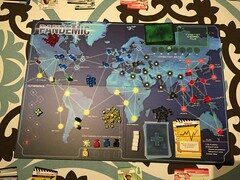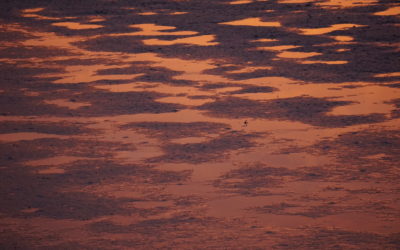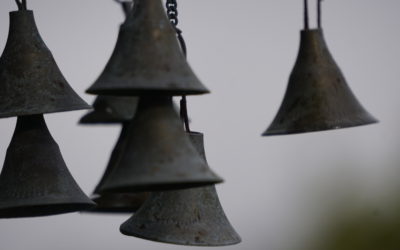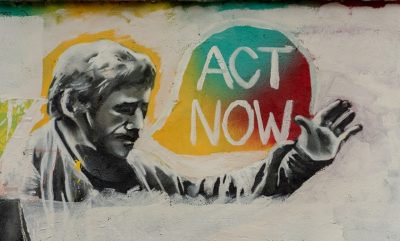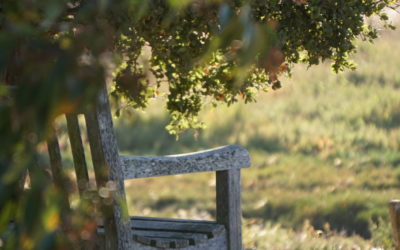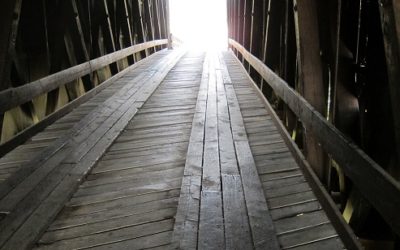The Intuitive Sociologist
How might expanded consciousness such as dreams, intuition and imagination influence social and cultural change? I’m slowly exploring this question and each of these broad subjects on their own. In this blog, The Intuitive Sociologist, I share resources plus notes about my observations and reflections. If these areas of life interest you too, let’s connect.
Nature Intuition: Insight & Guidance from the Natural World
When I was a child, we lived on a farm and I played in the woods, creeks, ponds and fields—usually alone. The natural world was my companion. When I needed comfort or to make sense of things, sitting by the creek or in a tree helped. Insights came to me a lot. Occasionally I felt enfolded, like being wrapped in a big warm blanket. Whatever this was, it was natural and familiar, but unnamed. What gave me that feeling? Where did those insights come from?
Looking Out & Looking In: Can We Operate in More than One State of Consciousness Simultaneously?
In short, the answer is yes, I think. Here’s why.
I’ve had enough intuitive flashes of insight while just doing ordinary daily activities that I’ve wondered how this happens. I don’t yet know if this is the answer but it struck me as a strong possibility when I was reading former Yale psychologist Jerome Singer’s studies of daydreaming.
A Neuroscientist & a Buddhist Discuss Meditation & Unconscious Mind
They wrote a book together and they’re friends. But when it comes to the workings of the unconscious mind, neuroscientist Wolf Singer and molecular biology-trained Buddhist Matthieu Ricard don’t see eye to eye. In an excerpt from their book in the MIT Press Reader,...
InnSaei: The Power of Intuition Documentary
If you haven’t seen the documentary InnSaei: The Power of Intuition, give it a watch. When 29-year-old Icelander Hrund Gunnsteinsdóttir burned out on her job at the United Nations, she resigned. Then she went exploring to find out what went wrong.
Talking to professors, healers, artists, elders, shamans and a deep-sea diving ecologist, she learns about innsaei. It’s the Icelandic word for the sea within. Also, to see within—to know yourself. And to see from the inside out—intuition. But how does that explain her burnout?
Talking to Researchers While Lucid Dreaming
In an unusual new study, researchers asked sleeping lucid dreamers to solve simple math problems. Some did. When they asked these dreaming people yes/no questions, some answered–using a raised eyebrow or a smile. The researchers call this 2-way communication “interactive dreaming.” Its potential could be wide-ranging.
How Intuition & the Unconscious Influence Mathematicians’ Discovery & Invention
If there’s a field that screams logic to me, it’s math. So I was surprised to learn that intuition and the subconscious mind propelled many of the greatest mathematicians to their discoveries.
How the Man Who Taught Soldiers Remote Viewing Thought Intuition Works
An intriguing description of how intuition works comes from Ingo Swann’s explanation of ESP. Swann, along with Stanford physicist Harold Puthoff, developed the process for remote viewing that the U.S. military used. Swann, a remote viewer himself, did the teaching. In his book, Everybody’s Guide to Natural ESP, Swann says anyone can do remote viewing. Essentially it involves nonconscious information rising to consciousness. Here’s the gist of how he thought it works.
Intuition, Imagination & Insight. What Did Einstein Say About It?
I hear so many quotes attributed to Einstein, it made me wonder what he really did say. So, I went searching. It’s difficult to tell from quotes what he thought intuition is or where it comes from, but intuition, imagination and insight were definitely part of his ways of knowing and discovering. Here’s some of what he said about it:
Social Dreaming: A 20th Century Western Attempt to Use Dreams for Collective Purposes
I’m intrigued by societies using dreams for collective purposes. Mostly those are small and indigenous. But I wonder if it’s possible in complex, industrialized, materialist Western societies and if so, how would it work? What could it achieve? With that questioning, I found “social dreaming.” Maybe companies, governments, schools, communities and other organizations could benefit from a new social dreaming process.
Imagining: Ways We Use Imagination, Even If We Don’t Know It
Creative, fantastical imagining can change our lives and our world. But it’s not the most common kind of imagination, by far. And it’s not the only type that can lead to change. After reading philosophers’ debates about imagination, it makes me wonder how we’d live without this mental process, imagining takes so many forms. Sometimes we even use it unconsciously, without recognizing what we’re doing is imagining.
Social Change: Resilience & Adapting During & After COVID-19
When COVID-19 shut the world down in early 2020, much of it went online. For people with internet access and the ability to pay for home delivery, it’s been a way to keep basic needs met and help some small businesses survive—even if it’s been rocky.
What I’ve found hopeful is the creative ways individuals, families and communities are adapting to meet emotional needs as well.
Intuition: Science, Buddhism & Lost Language and Practice
A few things I’ve noticed in my reading make me think about how culture facilitates or limits what we know and can know. It affects how we interpret experience. I think we might even miss subtle sensory experience when our culture has no language or explanatory framework from which to recognize and express it. I’m thinking specifically about intuition and heart.
On the Same Wavelength? Watching Human Brains Synch During Social Interaction
Most of us have experienced it—the in-tuneness of romantic love, the “flow” of teamwork that’s going well. When we’re in synch with someone, we often say we’re on the same wavelength. Even in large groups—marching together, an audience captivated by a moving performance, or dancing or chanting—we can feel this sense of connection. What’s going on in our bodies when these states happen? Many spiritual traditions say we’re not separate beings. That we’re all connected. Can it be that we really are physiologically connected with each other?
Time to Imagine: Will We Take the Time to Dream?
Throw a great big wrench into global society and the world slows down. With less human activity, wildlife is returning to cities and the air is cleaner. The earth is even vibrating less. Will we use this slower pace to dream a new world?
Want to Make Real Social Change? Question Assumptions
I’m starting to see articles speculating on what might change as a result of the coronavirus pandemic. Some articles note that the changes following the 9/11 terrorist attack in NYC and the 2008 financial crash weren’t particularly positive and didn’t change the trajectory the U.S. was already on. If we don’t question the basic underlying assumptions, or logics, of mainstream American culture, the same thing will happen after the COVID19 pandemic.
Dreams that Changed the World & Dreams that Might
In mainstream Western culture, if we give credence to dreams it’s usually for personal guidance, healing and insight. In many other cultures, especially shamanic ones, dreams can serve the collective as well. What if we in the West knew how to use dreams for social and cultural purposes?
Consciousness is the Next Frontier for Radical Discovery. Where are the Sociologists?
What consciousness is and how much we can know are two of the most important unanswered questions in science (Scientific American, 2018). The questions aren’t new. Philosophers and theologians have thought about who we are and the nature of reality for eons. Psychologists explore behavior, perception and how we make meaning. Neuroscientists have joined the game too. They’re interested in what produces consciousness and how, the assumption being that its origin is the brain. What can a sociologist’s perspective contribute?
Will the Corona Virus Response Change Us? The Difference Culture Makes
Today I’m thinking about the responses I see to the corona virus #stayathomechallenge #shelterinplace #lockdown. Someone on Twitter asked, will this pandemic make us better, worse or not change us at all. The way I see the world, how we come out of this depends on what lessons we learn and whether we use them to change our social systems and culture.
Time to Imagine: How the #Coronavirus #Lockdown Could Change the Ways We Live
Whether for individuals, families, communities or whole societies, change is most likely when there’s a crisis. That’s now. With global travel nearly none, large social events cancelled, schools and non-essential businesses shuttered so people can #ShelterInPlace, the #coronavirus #lockdown is giving us ample time to think about how we do what we do and why we do it that way. We have time to notice the effects and question taken-for-granted assumptions. Americans don’t typically reflect at the societal level. So, what if we did?
If We Don’t Talk About Intuition, How Will We Learn?
A few people said to me recently that we need to start talking about it. By “it” they mean our experience with intuition—a type of knowing that comes in a variety of ways. It might be synchronicities, for example, or bodily sensations, a heightened sense of smell, visions, dreams or sudden insights without a known stimulus. These are common human experiences across time and cultures.
Corona Virus: The #NoHandShake Social Experiment
The coronavirus pandemic is a prime time to make systemic and cultural changes. Suddenly, we’re forced to stop doing things we do rotely, like shaking hands when meeting others. It’s so familiar, and so expected, #NoHandShake creates some awkward and funny moments.
Alternative States of Consciousness, Intuition & Social Change
I’ve been interested in alternative states of consciousness, non-religious spirituality, and social justice most of my life. The first two have been inward focused, and the latter outer. So I’ve experienced and thought about them separately. In the last few years, it started feeling like they need to be brought together. They’re such different states of mind and existence though, I’ve struggled with how to do it.


